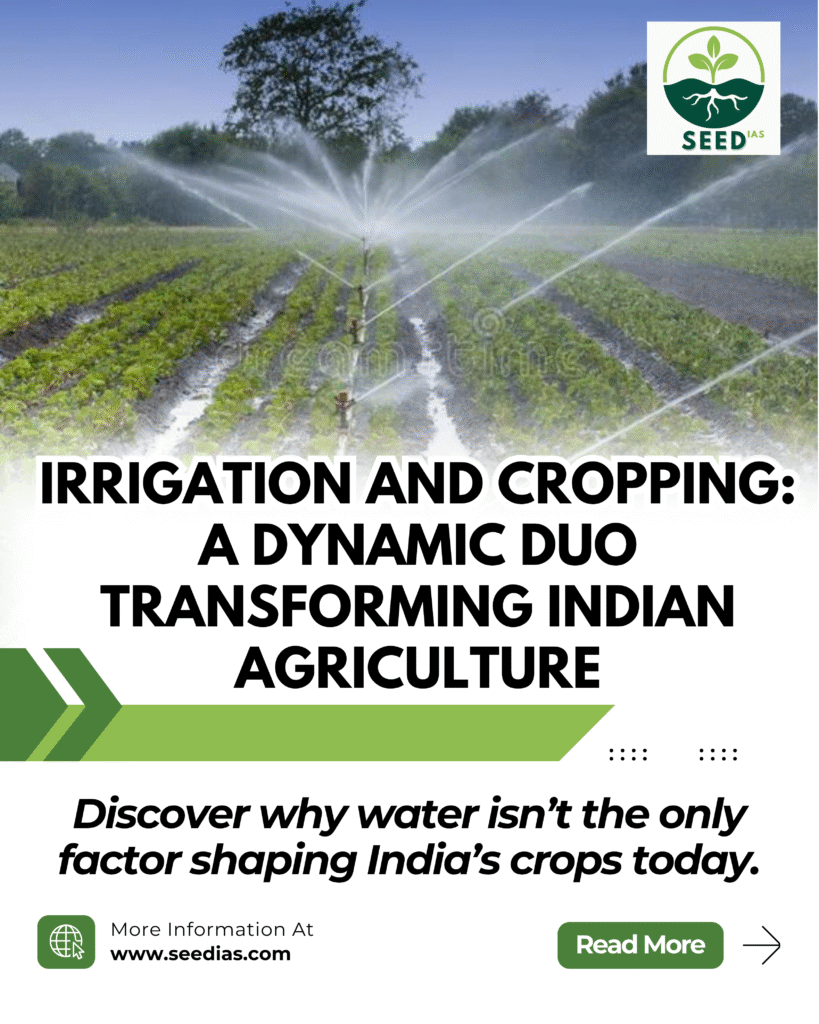Why in News
The Ministry of Home Affairs (MHA) has amended the Foreign Contribution (Regulation) Rules, 2011, introducing stricter provisions affecting how NGOs in India receive and utilize foreign contributions.
Key Provisions of the New FCRA Rules for NGOs
| Provision | Details |
|---|---|
| Ban on Publication Activities | NGOs involved in publications must obtain a certificate from the Registrar of Newspapers declaring they are “Not a Newspaper.” |
| Financial Disclosure Requirements | NGOs must submit audited financials for the past three years, including income, expenditure, and assets. |
| FATF Compliance | NGOs must declare adherence to FATF Good Practice Guidelines to align with global anti-money laundering standards. |
| Project-Specific Foreign Funds | Commitment letter from donors with a project report and expense breakdown is now mandatory. |
| Obligations for Deregistered NGOs | Expired/cancelled NGOs must file affidavits detailing previous foreign fund utilization. |
Foreign Contribution Regulation Act (FCRA)
| Aspect | Details |
|---|---|
| Origin | Enacted in 1976 during Emergency; revamped in 2010 to modernize the law. |
| Purpose | Regulates acceptance and use of foreign contributions to ensure national interest. |
| Key 2020 Amendments | – Funds only through SBI, Delhi branch – No re-transfer of funds – Admin cost limit: 20% – Mandatory Aadhaar for key personnel |
Regulation of NGOs in India
| Type of NGO Entity | Governing Law |
|---|---|
| Societies | Societies Registration Act, 1860 |
| Trusts | Indian Trusts Act, 1882 (Private); respective State Acts (Public Trusts) |
| Charitable Companies | Section 8 of the Companies Act, 2013 |
| FCRA Compliance | NGOs receiving foreign funds must register with the MHA under FCRA, 2010 |
Roles and Responsibilities of NGOs
| Area | Role |
|---|---|
| Governance | ADR’s PILs promoting transparency in elections |
| Social Reforms | SEWA (women empowerment), Naz Foundation (LGBTQIA+), Goonj (poverty relief) |
| Disaster Response | SEEDS India’s emergency aid and rehabilitation support |
| Environmental Protection | WWF and others leading conservation and climate initiatives |
Challenges Faced by NGOs in India
| Challenge | Explanation |
|---|---|
| Regulatory Restrictions | Stringent FCRA rules and CSR fund concentration on corporate-linked NGOs |
| Trust Deficit | Accusations of anti-national activities (e.g., Greenpeace India) |
| Lack of Transparency | Non-compliance with financial reporting leading to cancellation of registrations |
Suggested Reforms
| Reform Area | Suggestion |
|---|---|
| ARC Recommendations | Decentralized FCRA administration to reduce bureaucratic burden |
| Anti-Money Laundering | FATF-linked monitoring; crack down on shell NGOs with tech-based alerts |
| Encourage Domestic Funding | Tax benefits and promotion of CSR ties with credible NGOs |
| Transparency Measures | Aadhaar-linked databases and digital audit mechanisms |
Conclusion
While the new FCRA rules enhance transparency and safeguard national interests, reforming NGO oversight with technology, FATF-aligned processes, and domestic donor incentives is vital to nurture credible, impactful NGOs in India.
Prelims Practice Questions (UPSC Style)
Q1. Which of the following statements about the Foreign Contribution (Regulation) Act (FCRA), 2010 is/are correct?
- NGOs can receive foreign funds through any bank account in India.
- The permissible limit for administrative expenses under FCRA is 50%.
- The Act requires NGOs to submit an affidavit if their registration is cancelled or expires.
Select the correct answer using the code below:
a) 1 and 2 only
b) 3 only
c) 2 and 3 only
d) 1, 2 and 3
Answer: b) 3 only
Q2. Consider the following NGOs and their major areas of contribution:
- SEWA – Empowerment of rural farmers
- ADR – Electoral reforms
- Naz Foundation – LGBTQIA+ rights
Which of the pairs given above are correctly matched?
a) 1 and 2 only
b) 2 and 3 only
c) 1 and 3 only
d) 1, 2 and 3
Answer: b) 2 and 3 only
Q3. With reference to the Foreign Contribution (Regulation) Amendment Act, 2020, consider the following:
- NGOs can transfer foreign funds to other registered NGOs under certain conditions.
- Aadhaar is mandatory for key functionaries of NGOs.
Which of the above statements is/are correct?
a) 1 only
b) 2 only
c) Both 1 and 2
d) Neither 1 nor 2
Answer: b) 2 only
Mains Practice Question
Q. Discuss the significance of the recent amendments to the Foreign Contribution (Regulation) Rules, 2011. In your opinion, what balance must be maintained between national security and the autonomy of NGOs to ensure inclusive development?







